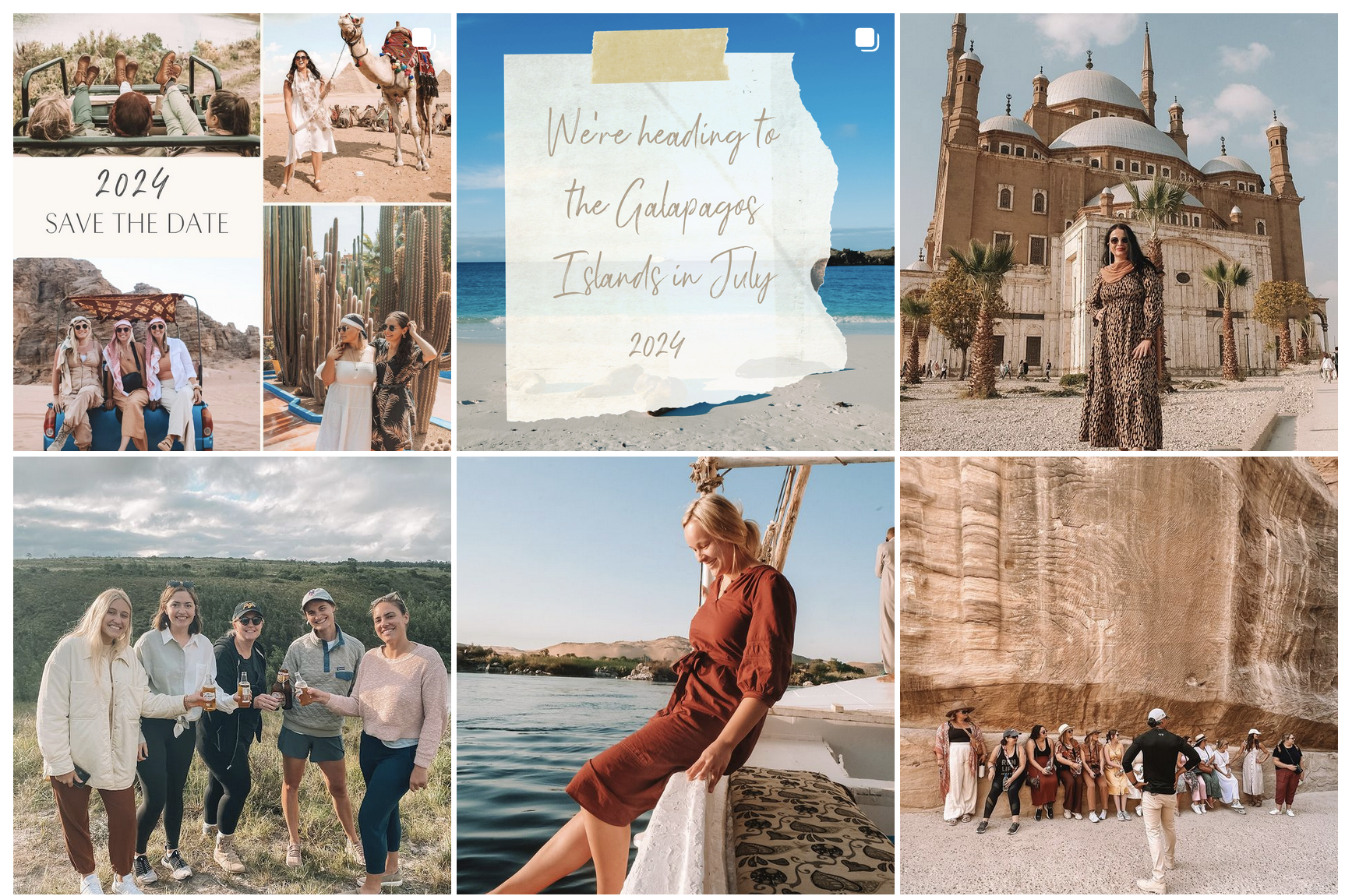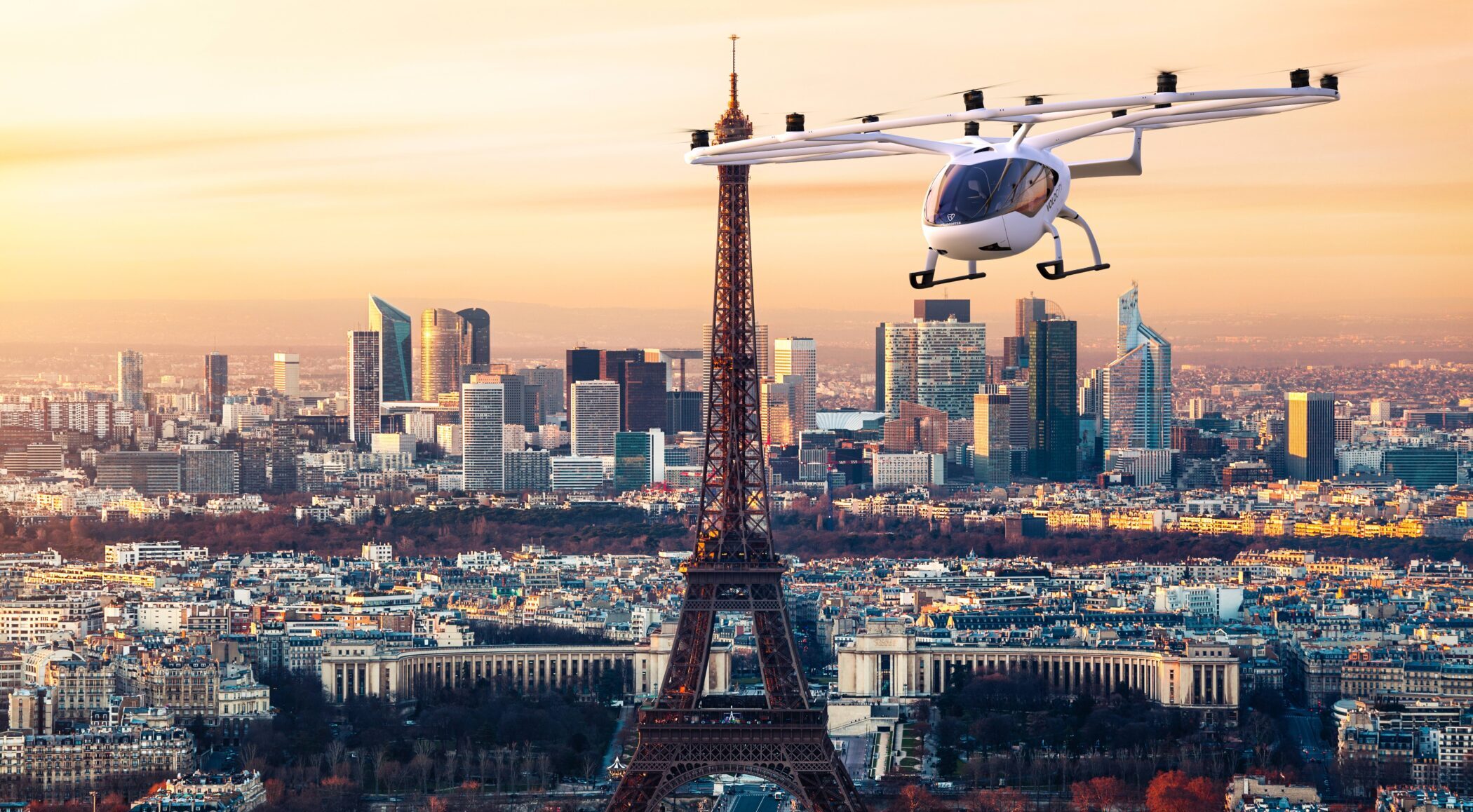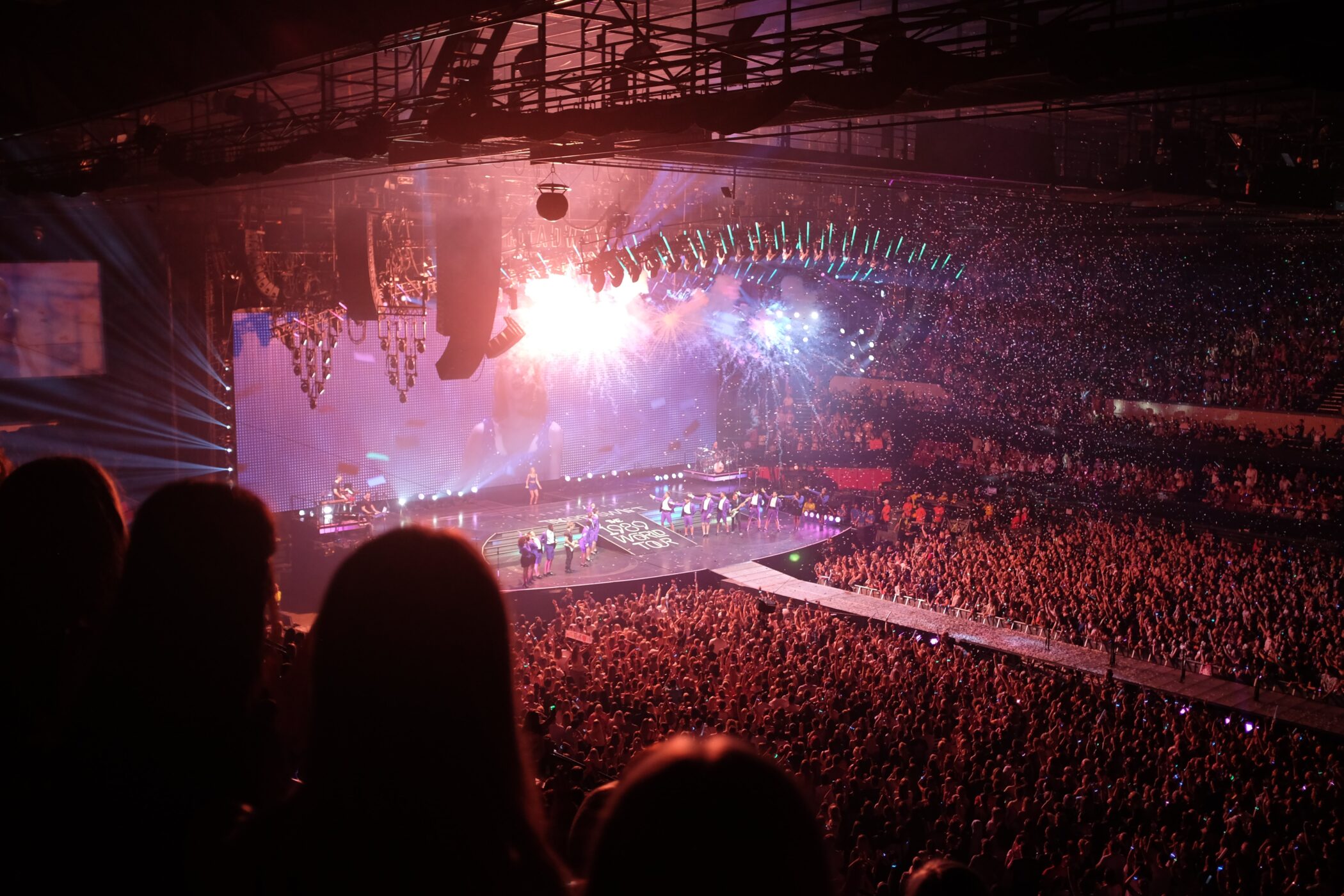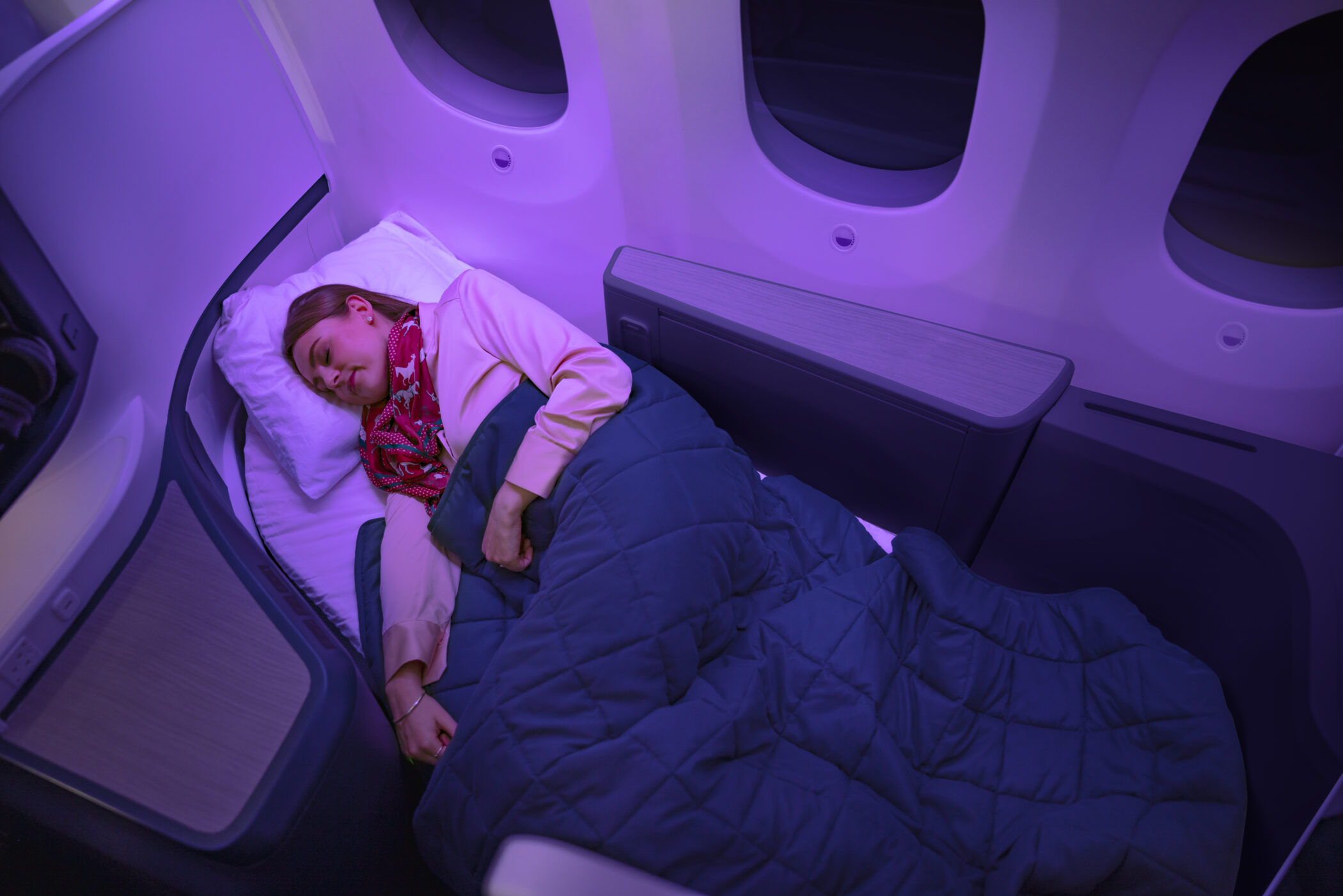From Intelligent Concierges to Electric Skyways, Amadeus has revealed the trends and innovations shaping travel in the year ahead. Jenny Southan reports
Spanning generative artificial intelligence (Gen AI) and social media selling, Spanish multinational technology company Amadeus has published a report predicting five key trends and innovations for travel in 2024.
Daniel Batchelor, vice-president of global corporate marketing and communications at Amadeus, says: “After a period of recalibration and reassessment over the past few years, we are beginning to see a host of new ideas bear fruit across our industry.
“Generative artificial intelligence will continue to exert a growing influence across the sector during 2024, while electric taxis are finally poised for take-off. Doing what we love, be it travelling to see our favourite music acts or using new tools to follow in the footsteps of digital influencers, will also drive bookings next year, while airlines continue to reshape their offering to respond to changing tastes.
“There is much to look forward to, and Amadeus will be working alongside our partners from across the travel ecosystem to drive change for the traveller, wherever we can.”
Intelligent Concierges
Gen AI is adding tremendous value to the online travel planning experience for consumers, as search and advice become hyper-personalized and more intuitive. Instead of selecting filters to fine-tune a search on a metasearch site or online travel agency (OTA), travellers can simply provide a brief to a chatbot in the same way you would a human advisor.
For example, a new ChatGPT plug-in from Expedia acts like a virtual travel assistant, listening to customer needs and delivering instant hotel and itinerary recommendations, with links to book. (Tripadvisor, Kayak and Booking.com have also integrated ChatGPT.)
The next generation of Gen AI-powered customer service will be delivered with greater patience and empathy, reducing the workload of employees to deal with the bulk of after-sales servicing and customer review management, giving them the bandwidth to provide the human touch on more specialist issues.

Agents of Influence
 Social media has become a powerful force during the inspiration phase of a trip, but a new shift is happening. Instead of influencers solely being the source of vacation inspiration for their communities, they are now facilitators of direct bookings through their varying channels.
Social media has become a powerful force during the inspiration phase of a trip, but a new shift is happening. Instead of influencers solely being the source of vacation inspiration for their communities, they are now facilitators of direct bookings through their varying channels.
Influencers, such as Ana Hernández Sárria, travel photographer Rafael Fernandez Caballero, travel blogger The Blonde Abroad (pictured), yoga and movement coach Sjana Elise, and full-time traveller and content creator, Alyssa Ramos, are designing and hosting their own group trips.
The rise of so-called “Agents of Influence” is being facilitated by e-commerce marketplaces such as Thatch, Luxury Travel Hackers and TrovaTrip, which Inc ranked number 236 out of 5,000 of the fast-growing companies in the US in 2023. This technology allows influencers using Instagram, YouTube and TikTok, for example, to share a booking link directly on their profile page and process payments.
Electric Skyways
 As cities are more congested and air pollution is more prevalent, a potential solution to fossil-fuel-powered transportation will be the emergence of skyways that allow flying taxis, electric vertical take-off, and landing (eVTOL) aircraft and other kinds of electric aircraft to provide lower emission air travel options, both within urban areas, to satellite airports, cross-country and between islands.
As cities are more congested and air pollution is more prevalent, a potential solution to fossil-fuel-powered transportation will be the emergence of skyways that allow flying taxis, electric vertical take-off, and landing (eVTOL) aircraft and other kinds of electric aircraft to provide lower emission air travel options, both within urban areas, to satellite airports, cross-country and between islands.
It may seem very futuristic but German aircraft manufacturer Volocopter (pictured) is planning to provide a fleet of electric VoloCity eVTOL for the Paris Olympics in 2024, making it one of the first electric air taxi networks. At the same time, Volocopter is expanding its reach to Asia, with plans to launch electric air taxis in Singapore by 2024, beginning with services in Marina Bay and Sentosa.
The potential expansion of these services includes cross-border air taxi trips to destinations in Malaysia and Indonesia, potentially connecting terminals in areas like Seletar and Changi to cities such as Melaka, Batam, and Bintan.
Toff Mobility, the first electric air company in Asia, is working toward debuting electric aircraft in 2024 in South Korea, while Surcar Airlines has selected Zeroavia to provide hydrogen-electric engines for its seaplanes in the Canary Islands.
Over in the US, Joby Aviation intends to start commercial eVTOL flights from 2025 and has signed agreements to work with Delta Air Lines and Japanese airline ANA, which wants to operate e-taxi flights during the Expo 2025 in Osaka. In the UK, Virgin Atlantic has invested in a fleet of Vertical Aerospace eVTOL that could serve a city-to-city network of Electric Skyways as soon as 2025.
Music Tourism
 After the social isolation of the pandemic, when bands and musical artists were grounded for months, a boom in concerts and festivals has this year tapped into a desire for connection. The trend is expected to accelerate as we look toward 2024.
After the social isolation of the pandemic, when bands and musical artists were grounded for months, a boom in concerts and festivals has this year tapped into a desire for connection. The trend is expected to accelerate as we look toward 2024.
Taylor Swift recently announced Asia-Pacific tour dates for next year, drawing fans from around the world. Amadeus research suggests Taylor Swift concert dates in Australia, Singapore, and Japan for 2024 had a significant impact on travel searches and booking volumes to the countries.
During the week of the concert announcement, flight searches to Melbourne and Sydney saw a significant week-over-week growth of 44%, while bookings for these cities surged impressively by 446%. The concert announcement also had a striking impact on searches from New Zealand to both cities, resulting in a 240% week-over-week increase during the same period.
Flight searches to Singapore likewise showed an 18% week-over-week growth shortly after both Taylor Swift and Coldplay concert announcements were made.
There was a notable 32% week-over-week surge in international searches from neighbouring countries to Tokyo. Inbound travellers from Asia-Pacific countries such as Australia, Indonesia, South Korea, Malaysia, and Thailand demonstrated a strong preference for both short and long trips in a desire to enjoy the concert experience while also making room for leisurely exploration during their visit.
Business Luxe-Lite
 With ever-more travellers wanting to fly at the front of the plane, there is an opportunity to offer more affordable and accessible “unbundled” business class fares.
With ever-more travellers wanting to fly at the front of the plane, there is an opportunity to offer more affordable and accessible “unbundled” business class fares.
In 2019, Emirates was one of the first airlines to launch “special” business class tickets, with no lounge access, restricted seat selection and no upgrade abilities. Qatar Airways followed, unveiling a Business Class Lite fare, with passengers asked to pay extra for lounge access and date or route changes, while they also earn fewer Avios/Qmiles.
With the trend gathering momentum, Zipair of Japan and Finnair began offering basic business tickets in 2021, while Air France and KLM added Business Class Light fares in 2023.
At the other end of the scale, airlines are also installing more comfortable, private “luxe” business class seats and added amenities. Examples include Japan Airlines’ A350 business class, Air India’s business class, and Cathay Pacific “Aria” business class, featuring features such as a 1-2-1 seating layout, sliding privacy doors, wireless charging apparatus, large 4K screens, and advanced Bluetooth audio streaming options.
Evidence of this trend continuing through 2024 includes news from Air New Zealand, which will be adding either four or eight rows along with sliding privacy doors, a storage cabinet, vanity mirror, and a spacious side shelf of a debut Business Premier Luxe product (pictured). Also, passengers can look forward to the integration of advanced entertainment features as part of this premium experience.
